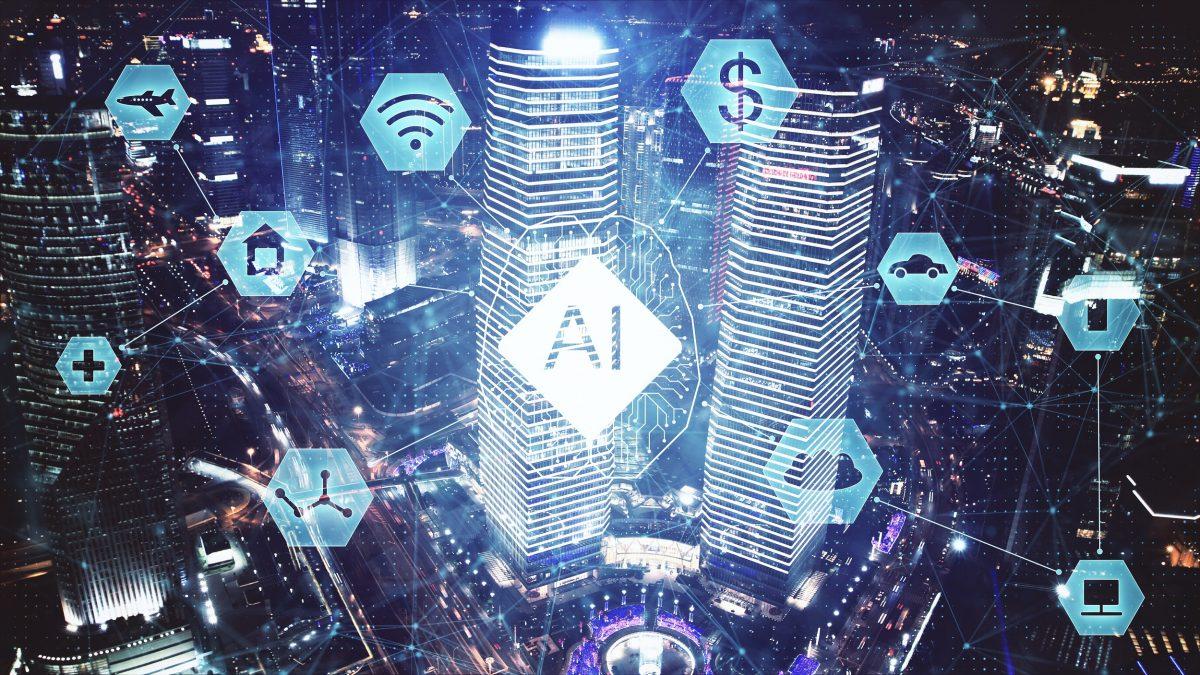Research shows that AI adoption across industry is speeding up – with one report finding that, of over 2,000 organizations surveyed, 47% had implemented it in at least one function, compared to 20% during the previous year.
copyright by www.forbes.com
 On top of that, 71% of respondents expected AI investment to increase over the coming year. However, the fact remains that there are still significant challenges to companies wishing to adopt smart, cognitive computing processes into their operations. This is borne out by the fact that in the McKinsey survey, just 21% of respondents claimed they had rolled out AI in more than one process.
On top of that, 71% of respondents expected AI investment to increase over the coming year. However, the fact remains that there are still significant challenges to companies wishing to adopt smart, cognitive computing processes into their operations. This is borne out by the fact that in the McKinsey survey, just 21% of respondents claimed they had rolled out AI in more than one process.
My work brings me into contact with organizations at every stage of their digital transformation and AI adoption process. This gives me insights not only into what is working but why barriers or challenges are discouraging adoption. Here’s a rundown of some of the most frequently encountered blockers – as well as ideas being put in place to overcome them.
Cultural barriers
Put simply; this is all about resistance to change. Human beings, it is often noted, tend to be creatures of habit; once we find a method of carrying out a task that seems to get the job done effectively and efficiently, we like to stick with it. It often takes some persuasion before we will see that the disruption and expense that will inevitably be caused by altering procedures or adopting new processes will be worth the overall gains they will bring.
This could be as simple as a disinclination towards what can be seen as “handing over control” – whether that’s directly to machines, or to the human employees who administer the technological infrastructure that makes AI possible.
Often this translates into simply not seeing the need for AI, and an incomplete understanding of the advantages it can offer. And in my experience education is usually the most effective means of overcoming this particular barrier. I spend a lot of my time working with boards and senior leaders to instill an awareness of how the core AI technologies – from natural language processing to computer vision and predictive maintenance – can create efficiencies and reduce costs. Once awareness levels are raised, people are likely to become receptive and engaged with the potential for positive change AI offer.
Fear
Thank you for reading this post, don't forget to subscribe to our AI NAVIGATOR!
Another completely natural and understandable human response. Fear of the unknown, as horror writer HP Lovecraft liked to point out, is the “oldest and strongest emotion of mankind.” And as visionaries including Elon Musk and Stephen Hawkin have pointed out in more recent years, there is a huge amount that is still unknown when it comes to the part AI will have to play in our future. […]
read more – copyright by www.forbes.com


Research shows that AI adoption across industry is speeding up – with one report finding that, of over 2,000 organizations surveyed, 47% had implemented it in at least one function, compared to 20% during the previous year.
copyright by www.forbes.com
My work brings me into contact with organizations at every stage of their digital transformation and AI adoption process. This gives me insights not only into what is working but why barriers or challenges are discouraging adoption. Here’s a rundown of some of the most frequently encountered blockers – as well as ideas being put in place to overcome them.
Cultural barriers
Put simply; this is all about resistance to change. Human beings, it is often noted, tend to be creatures of habit; once we find a method of carrying out a task that seems to get the job done effectively and efficiently, we like to stick with it. It often takes some persuasion before we will see that the disruption and expense that will inevitably be caused by altering procedures or adopting new processes will be worth the overall gains they will bring.
This could be as simple as a disinclination towards what can be seen as “handing over control” – whether that’s directly to machines, or to the human employees who administer the technological infrastructure that makes AI possible.
Often this translates into simply not seeing the need for AI, and an incomplete understanding of the advantages it can offer. And in my experience education is usually the most effective means of overcoming this particular barrier. I spend a lot of my time working with boards and senior leaders to instill an awareness of how the core AI technologies – from natural language processing to computer vision and predictive maintenance – can create efficiencies and reduce costs. Once awareness levels are raised, people are likely to become receptive and engaged with the potential for positive change AI offer.
Fear
Thank you for reading this post, don't forget to subscribe to our AI NAVIGATOR!
Another completely natural and understandable human response. Fear of the unknown, as horror writer HP Lovecraft liked to point out, is the “oldest and strongest emotion of mankind.” And as visionaries including Elon Musk and Stephen Hawkin have pointed out in more recent years, there is a huge amount that is still unknown when it comes to the part AI will have to play in our future. […]
read more – copyright by www.forbes.com
Share this: